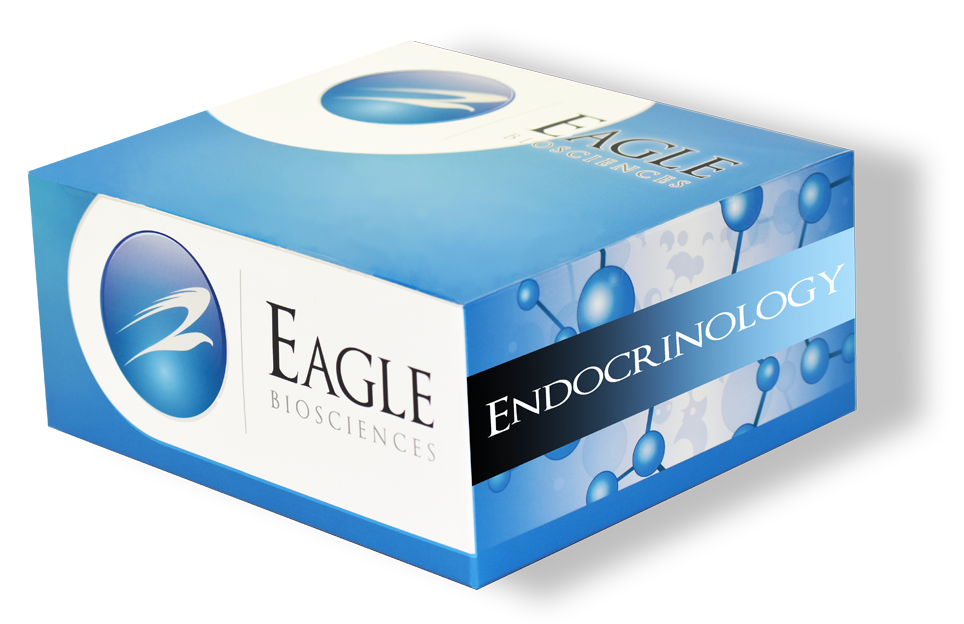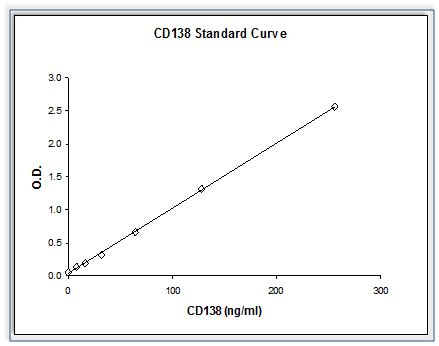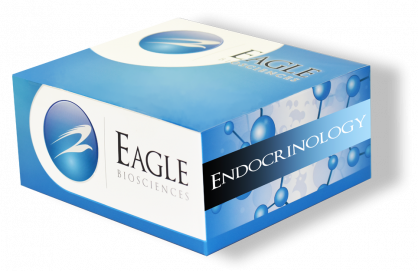Human CD138 ELISA Assay
The Human CD138 ELISA Assay is For Research Use Only
Size: 1×96 wells
Sensitivity: 2.56 ng/ml
Dynamic Range: 8 ng/ml – 256 ng/ml
Incubation Time: 1h 45min
Sample Type: Serum, Plasma, Cell Culture
Sample Size: 100 µl
Alternative Name: Syndecan-1
Assay Background
Syndecans are a transmembrane protein family within the heparin sulphate proteoglycan group that interact with many different molecules of the immune system through their heparin sulphate chains. The mammalian syndecan family consists of 4 proteins; syndecan 1 to 4 each encoded by very distinct genes. In adult tissues syndecan 1 (CD138) is predominantly expressed by epithelial cells and plasma cells (both normal and malignant) and currently considered the most reliable surface marker for plasma cells. In addition CD138 is also expressed on pre and immature B cells however this is regulated by IL-6 and LPS stimulation. Syndecan 1 has previously been shown to participate in cell to cell interactions, organ development, vessel formation and tissue regeneration following injury.
CD138 is regularly cleaved from the membrane and as a consequence high levels of soluble CD138 are found in the blood, which can be easily detected using a CD138 specific ELISA.
Via its heparin sulphate chains CD138 binds to and modulates the activity of a wide range of molecules involve in inflammation including chemokines, growth factors, selectins and other adhesion molecules. CD138 can also act as a receptor for collagen, fibronectin, thromobospondin and tenascin therefore involved in cell matrix adhesion. CD138 has been shown to mediate the binding of myeloma cells to type I collagen, and inhibits tumour cell invasion into collagen gels.
As CD138 has been shown to have important effects on tumour cell growth, survival, adhesion and invasion syndecan-1 may be an important regulator in cancer biology.
Related Products
Human sCD141 ELISA Assay
Human CD126 IL-6R ELISA Assay
Human CD130 gp130 ELISA Assay



